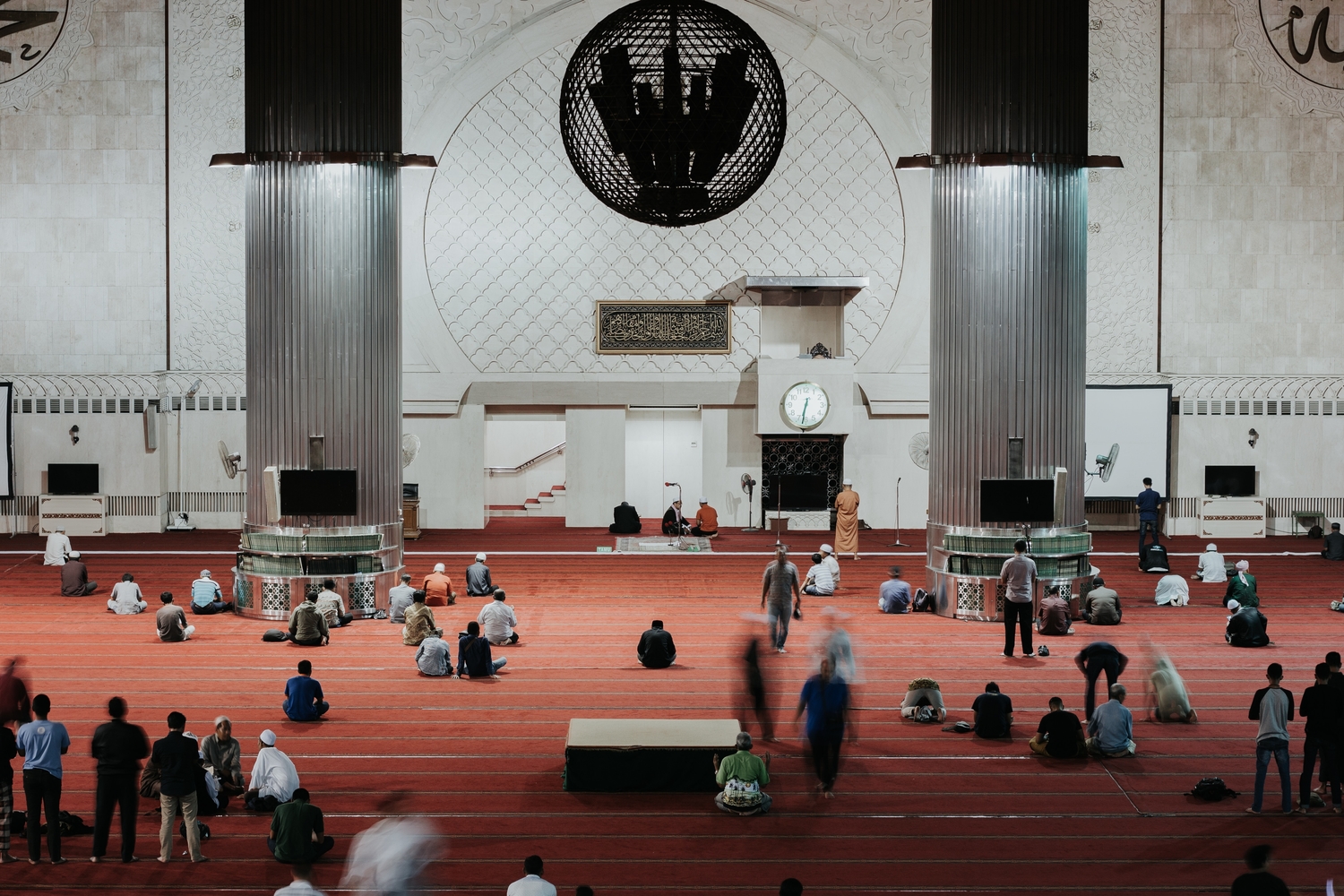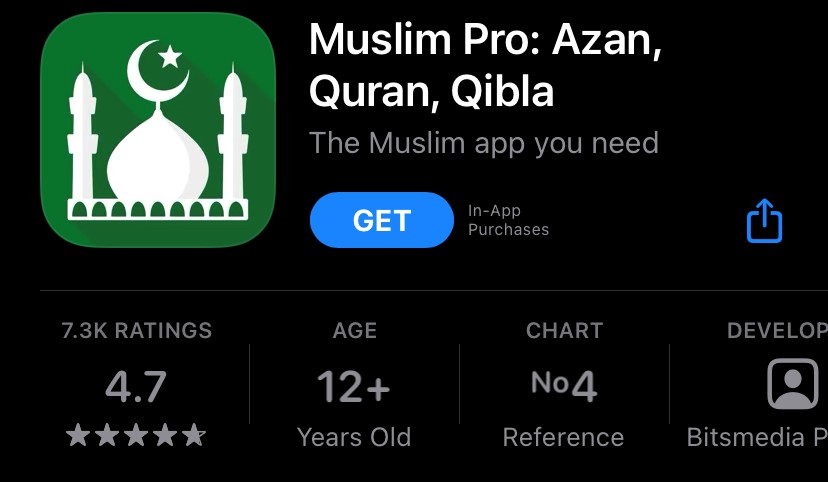Muslims in the United States are more likely to experience religious discrimination than those of Christian faiths, according to new research by the University of Washington.
The study was conducted in 2016, with researchers sending emails to some 45,000 school principals in 33 U.S. states. The email was presented as a note from a family new to the community.
The study concluded that there was a greater bias against religious minorities including atheists.
“For Muslims and atheists but not Protestants and Catholics, we document sizable discrimination even when they do not mention their beliefs in the text of their emails at all,” the co-authors concluded.
The research which was published in August and focused on public schools because they are government-run, community-facing institutions. The researchers tested responses to an individual’s expression of religious belief.
The study detailed that ardent expressions of faith, regardless of religious tradition, were more prone to discrimination.
“The U.S. is becoming a much more culturally diverse society than in the past, and the rate of change is happening very swiftly. So we wanted to ask: How are our public institutions keeping up? Can they provide equal accommodations and protection under the law?” said Steve Pfaff, a University of Washington professor of sociology and lead author of the study.
Religious bias may be a very serious problem, but it has been studied less than other types of discrimination, such as race- or gender-based discrimination, Pfaff added.
“Schools bear this enormous responsibility and perform this important service, and one thing that’s changing quickly, among the population, is religion. So how are schools handling all that change?” he said.
The percentage of Americans who identify as “unchurched” has increased from 16% to 23% in the past decade, while the percentage of Americans who identify as Muslim, while small, is expected to double to 2%, by 2050.
The study was authored by Steven Pfaff, Charles Crabtree, Holger Kern, and John Holbein.




